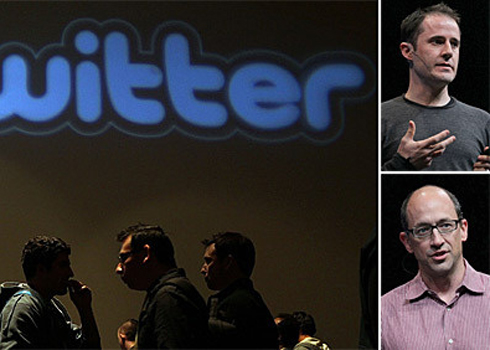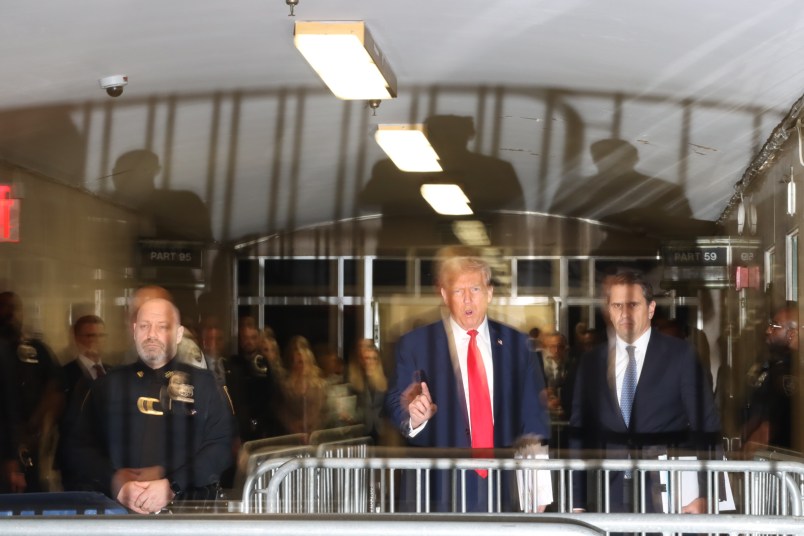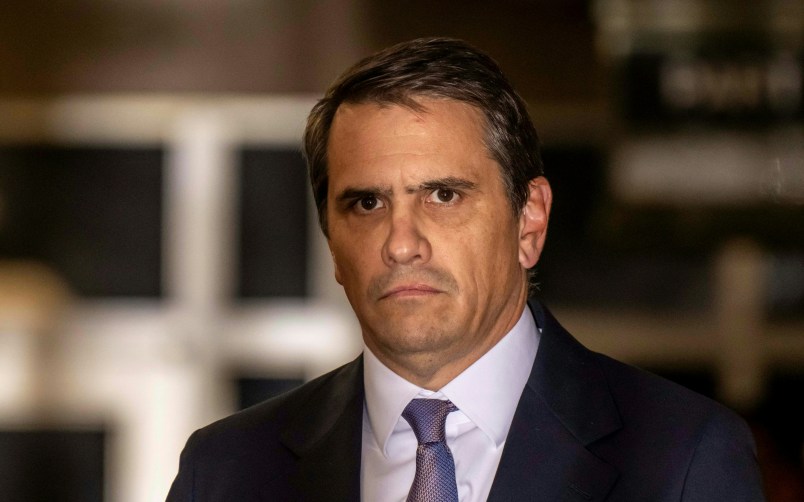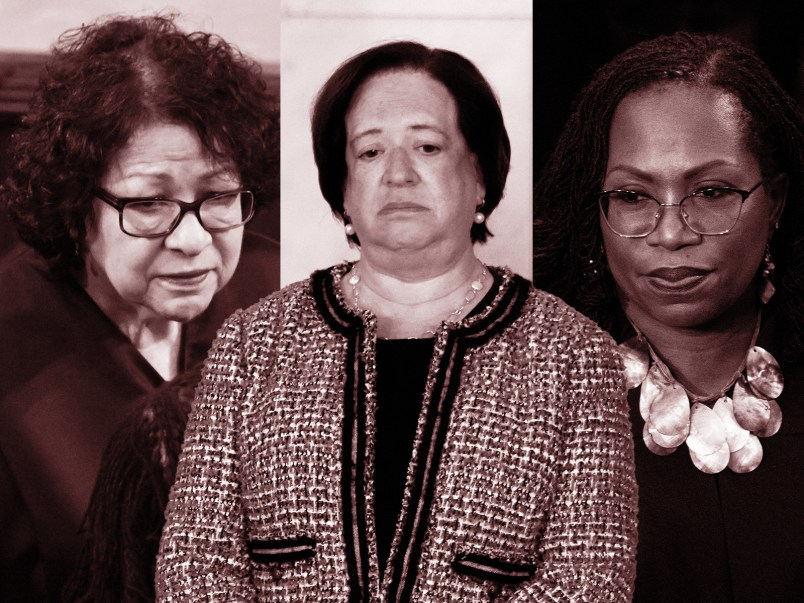Ryan Tate | Gawker
Running Twitter Inc. sounds like any entrepreneur’s dream: Cash flows freely. The press is smitten. Celebrity users abound. But CEO and co-founder Evan Williams is said to be on the verge of being ousted from his microblogging paradise.
These should be Williams’ glory days. Twitter is booming. The service recently announced 105 million registered users, which is roughly ten times its estimated user base from a year earlier when skeptics commonly derided the social network as a wasteland of lunch diaries from narcissists and cat pictures from shut-ins. In one year, traffic to Twitter.com more than doubled to 90 million people per month.

Williams, a painfully shy college dropout from Nebraska, has clearly won over Silicon Valley’s cloistered fraternity of venture capitalists. Prospective investors competed so fiercely over Twitter’s last funding round that the company reportedly ended up trading just 1/20th or so of the company for $50 million in cash — making Twitter worth $1 billion on paper.

The company, meanwhile, has been reshaping culture. Celebrities from music, film and television are so preponderant on Twitter as to be taken for granted. CBS is paying to turn one Twitter stream, @ShitMyDadSays, into a sitcom. Even Russian President Dmitry Medvedev acknowledged Twitter’s global influence last month with a visit to the company’s San Francisco headquarters, where Medvedev inaugurated two Twitter feeds for no less an icon of reluctant communication than the Krelmin.
For Williams, this is the big one — the creation with the momentum to change the world forever, and to score for him a much more impressive jackpot than the $50 million in reported pre-IPO shares Google gave in exchange for his publishing system Blogger.com.
But life doesn’t always work out at that way.
Sometimes it throws you a curveball; you might, for example, wake up one day to find your board is building up another executive at your expense, and that said executive is realizing his dreams of glory on the back of your work. Or that stories about your moments of overindulgence are suddenly gossip worthy.
The struggle inside Twitter

The rumors emanating from Twitter Inc. are certainly clear enough, at least in their general thrust, which is that COO Dick Costolo is stepping into duties once reserved for Williams — and that this displacement is very much by design. It’s lost on few Silicon Valley gossips that Costolo was denied the initial public stock offering he is said to have craved for his content distribution startup FeedBurner; he had to content himself with a private sale to Google for $100 million. With Twitter, at last, the serial startup founder has his shot at taking a company public.
Costolo does seem to want a big future for his adopted company. In a video interview with TechCrunch’s Sarah Lacy just after he came on board nine months ago, Costolo said he turned down the COO job but changed his mind after realizing the company, in which he was an early investor, could be among the ten most important internet companies of all time, in the same league as such decidedly public companies as Google, EBay, AOL, Yahoo and Netscape. (In the same interview, Costolo, known then as a friend of Williams’, said it was “probably true… but not necessarily a bad thing” that Twitter, as Lacy put it, “tends to be overstaffed by Evan’s friends, and not necessarily the best people for the job.” )
Of course Williams is a freshly-minted father and, after close to a decade of fast-placed life as the co-founder of various startups, he may well be ready to slow down, step back and spend more time with his family. Maybe Costolo’s ascent is as much of his design as his board’s. Accurate or not, that will no doubt be the explanation trotted out to the press should Williams ever give up the CEO title.
[We tried unsuccessfully to reach Williams and a Twitter spokeswoman for comment; if you know anything about the situation we’d love to hear from you.]

Not that his tenure has been short of regrettable moments. Interviewer Umair Haque absorbed most of the blame for a disastrous Williams event at the South by Southwest Interactive conference this past spring. But it was Williams who decided to use the forum for a major Twitter service roll-out. This was not only inauspiciously tied to the Haque interview, but didn’t move the ball very far down the field. People were expecting Twitter to finally unveil a business model; instead Williams unveiled a media partnership program to bring Twitter more traffic. Making actual money, he later added, would require “experimentation.”
When Twitter finally did substantially expand its advertising business some months later, it was Costolo doing the talking, most controversially about how Twitter would be annexing more of the advertising flowing to the extended Twitter ecosystem. This riled independent developers already concerned about the company’s expansion onto their turf. And yet it still left the company without a clear business model, four years after Twitter’s launch and nearly two years after Williams took over as CEO.

Also still unresolved by Williams and his team are Twitter’s problems staying online. In June, the social network had its worst period of downtime in eight months. Then came the World Cup, when uptime problems became much more visible and pronounced. But Twitter’s scaling woes appear to go beyond a one-time sporting event; the company has said growth in searching that long pre-dated the Cup prompted the company this month to severely throttle requests made through its API, i.e. by Twitter apps on phones and desktop computers, which can now ping Twitter.com only half as often as they used to.
Yes, the site’s growth over the past year or so has been even more staggeringly accelerated than when Twitter was crashing constantly under Dorsey. Old scaling problems have been solved, and new scaling problems have emerged. But the end result has been a resurgence in fail whales and other error messages.
Talk of a power struggle inside Twitter only amplifies what might otherwise be minor foibles and affairs. Williams acting drunk, for example, during South by Southwest, as witnessed by one well-placed tech exec. That’s not something to cluck much about; few of us in either the blogging or programming trade are models of sobriety. Foursquare founder Dennis Crowley even brought Wired UK along for his SXSW drinking session. But it’s the sort of story we’ve heard here and there about Williams lately, and it’s worth asking why such tales are being circulated now, and what broader message they’re intended to convey to the listener.
The lesson of Blogger.com

Despite the chatter, and whatever Williams’ position inside his company, it would seem risky to bet against the oddball internet pioneer. He’s been down this sort of dark road before. Left behind by his allies; groping for revenue; talked about with some measure of pity on the Silicon Valley gossip circuit. That all happened in the dark days of Blogger.com, in 2001. Williams’ co-founder Meg Hourihan, said to have been unhappy with how he was steering the company, walked out in January; she later said she wanted to avoid being laid off with the rest of the staff, also let go as Blogger went on life support. Williams soldiered on, begging users for money. He signed a $40,000 licensing deal in March. In the summer he devised a scheme to charge users $12 each for advertising-free blogs.
Williams somehow limped Blogger all the way to late 2002, when he bumped into Google co-founder Sergey Brin. Brin soon thereafter bought Blogger.com on a whim. Blogger seemed cool to him. The deal was done in February 2003. The pre-IPO Google shares paid out to shareholders proved far preferable to cash.
So, yes, Evan Williams has looked foolish before. His so-called business plan seemed, then as now, small-time and vaguely laughable. He seemed, then as now, in many ways reckless, despite being in an apparently precarious position. But the thing is, Williams was right. He was right through those long months of 2001 and 2002, straight through to the Google deal that made his skeptical fellow travelers a tidy sum indeed. And who’s to say that won’t happen again, now as then?
[Top photo of Williams and Costolo at an advertising panel in San Francisco via Getty Images; image of Costolo alone by Jolie O’Dell/Flickr; photo of Williams at SXSW by Steve Hall/Flickr; Blogger booth at the Web2000 conference by Paul Bausch/Flickr. ]
The original version of the story appears here.
Gawker dishes the nation’s most current and cutting gossip across media, entertainment, technology, and business. Founded in 2002 and namechecked frequently in mainstream publications, the site is essential reading for those who want big media hypocrisy debunked and faux-sincerity exposed, all with a healthy dose of snark.











